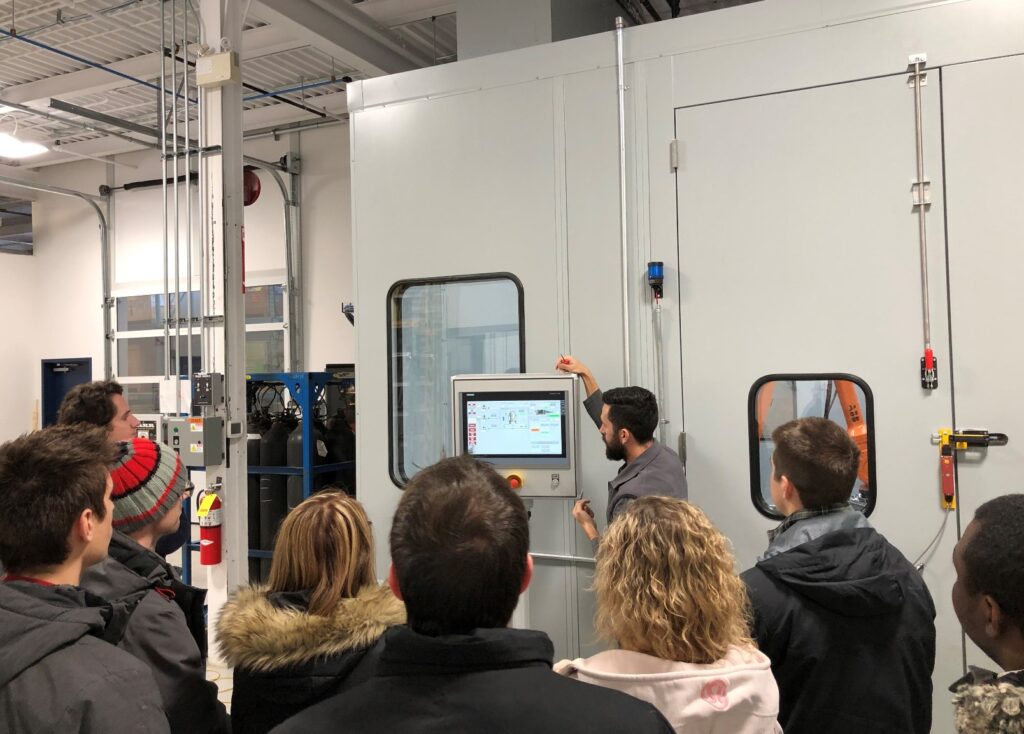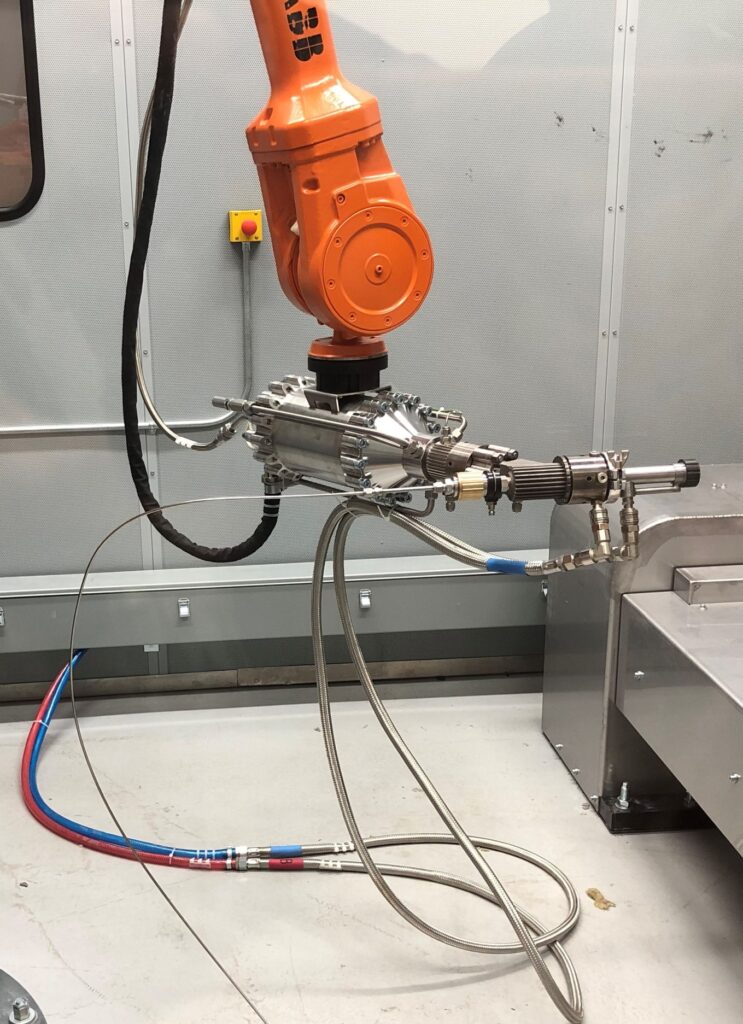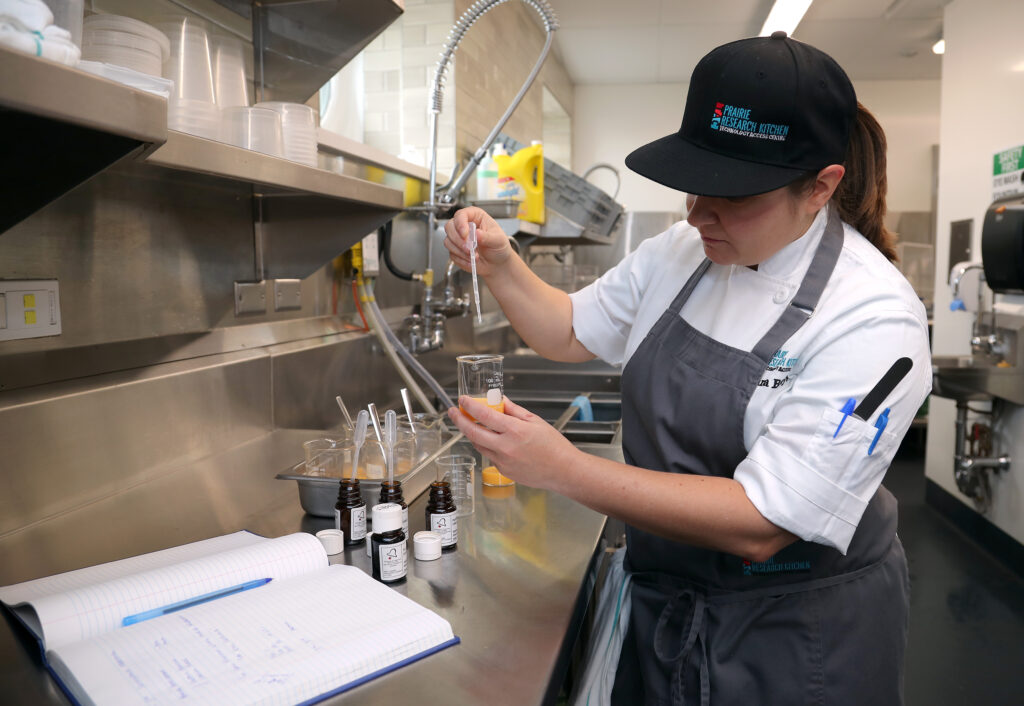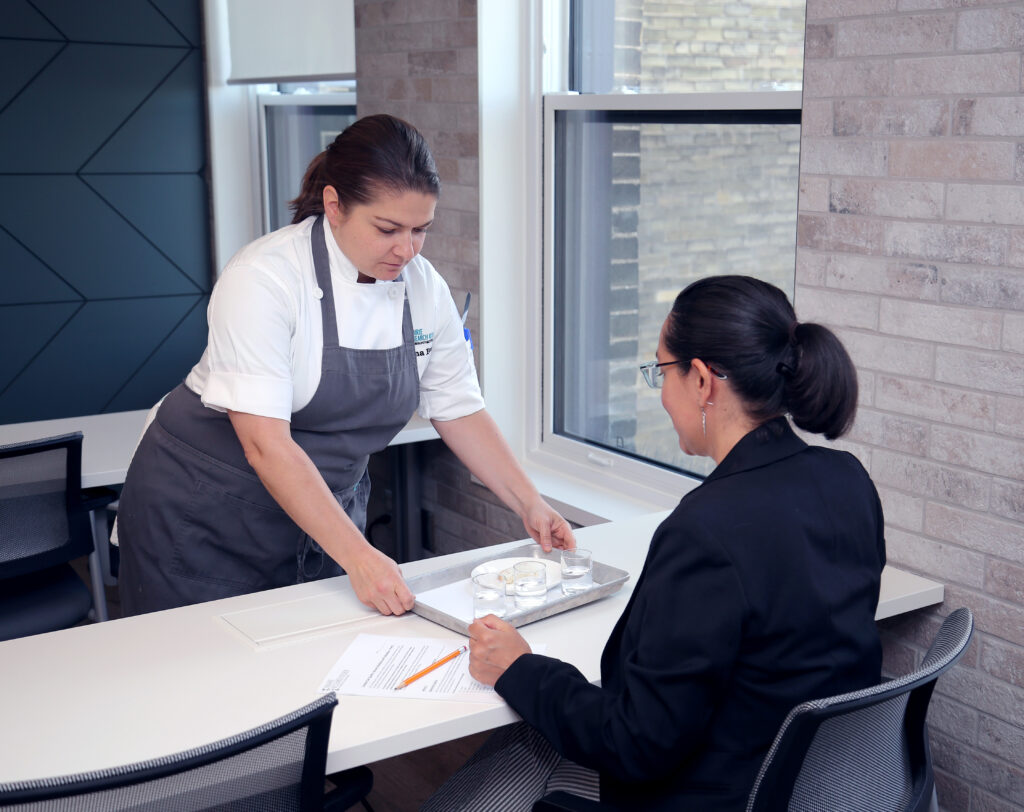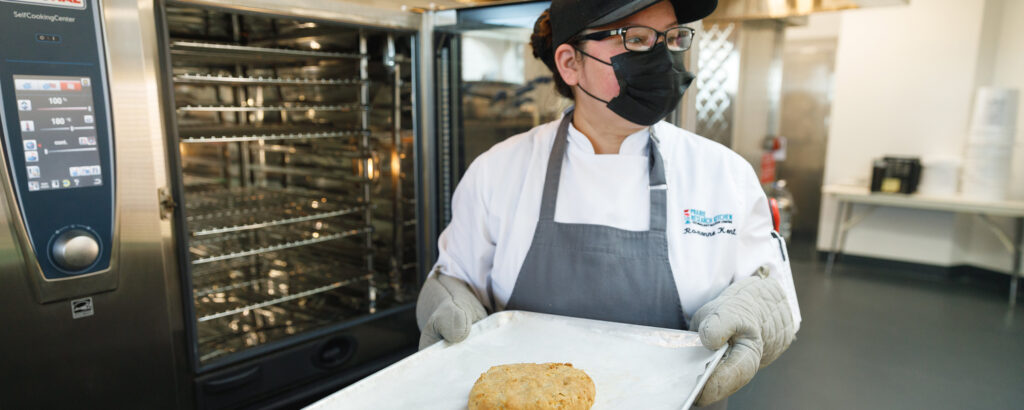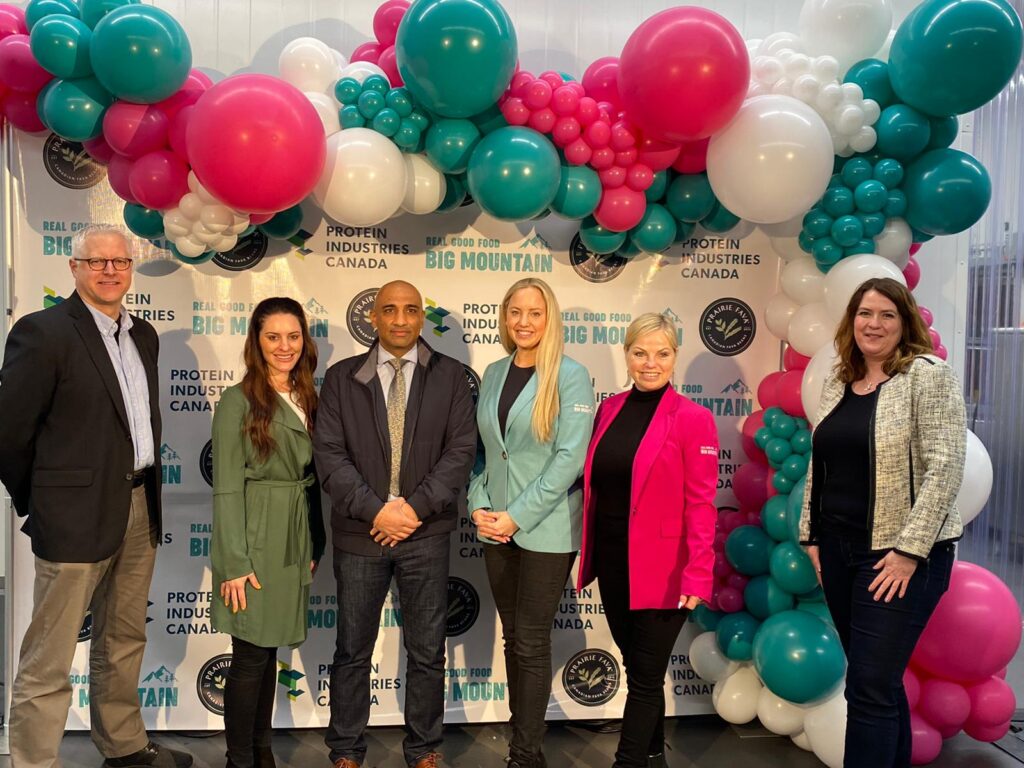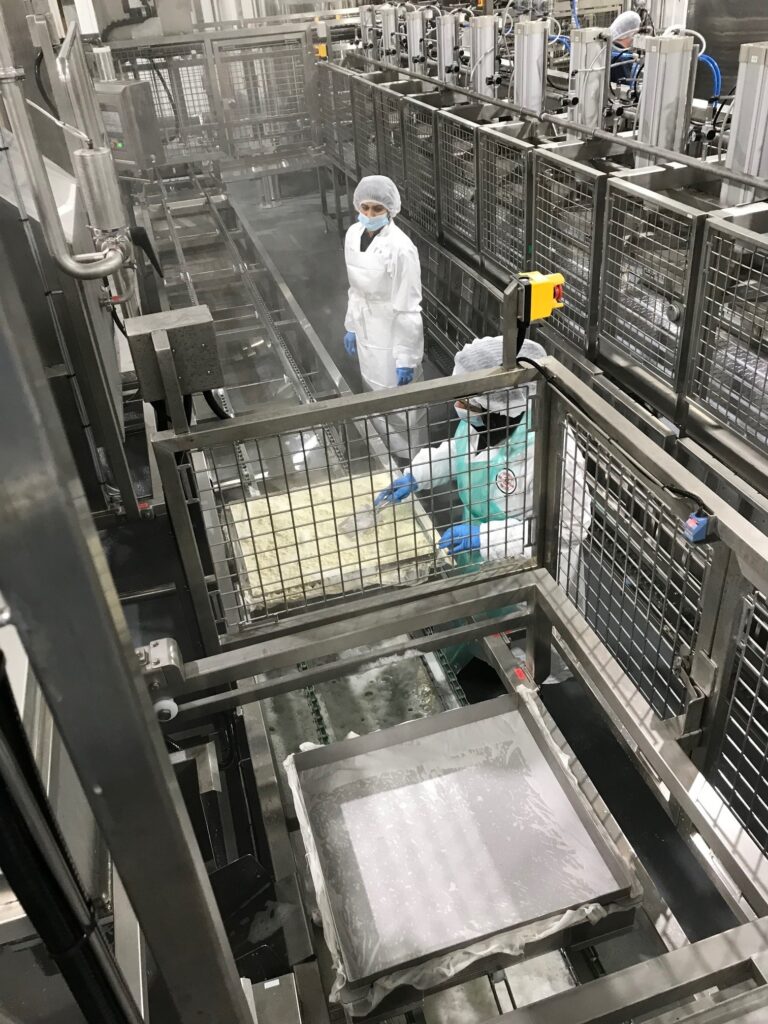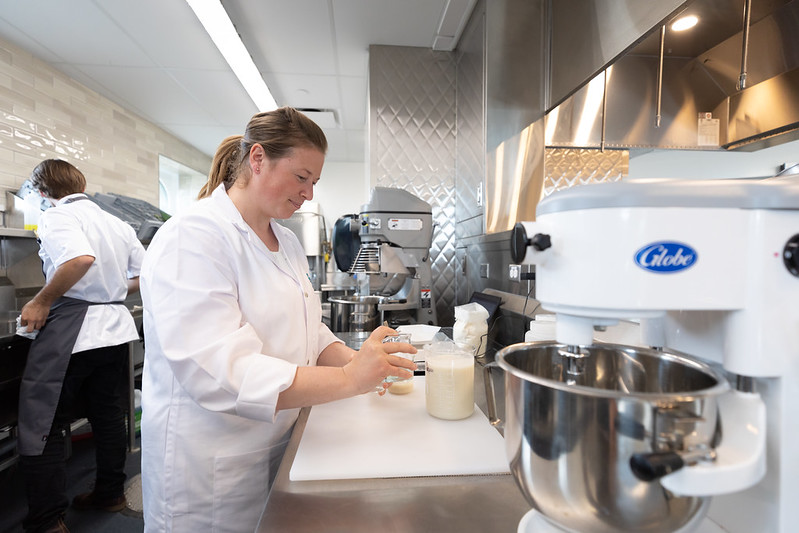Welcoming RRC Polytech’s Growth & Development Advisor, Indigenous Strategy, Research and Business Development
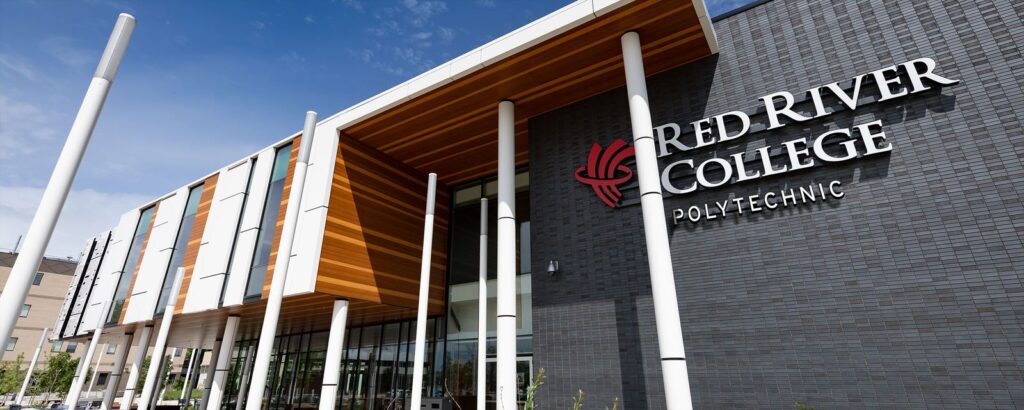
RRC Polytech would like to share we have completed the competitive selection process for the position of Growth & Development Advisor.
Please join us in welcoming Carley Misanchuk as the new Growth & Development Advisor, Indigenous Strategy, Research and Business Development.
Carley joins us from the School of Continuing Education, where she held the position of Strategy Coordinator. Before joining RRC Polytech, Carley worked at Red Deer Polytechnic in Alberta, focusing on operational delivery and marketing.
Carley has always prioritized bringing teams together to harmonize efforts and build relationships. She values making meaningful connections and finding joy in the little things.
Carley fills her life with golfing, concerts, Blue Bombers football games, family time, and puppy snuggles, and in the winter, you’ll rarely find her without a good book and a warm cup of coffee.

